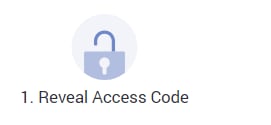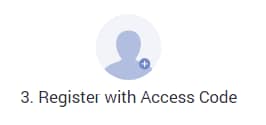Buy a new version of this textbook and receive access to the Connected eBook with Study Center on Casebook Connect, including lifetime access to the online ebook with highlight, annotation, and search capabilities. Access also includes practice questions, an outline tool, and other helpful resources. Connected eBooks provide what you need most to be successful in your law school classes.
The book is divided into two parts. Part I provides a general introduction to the world of criminal procedure. Chapter 1 sets the stage by explaining the differences between substantive criminal law and criminal procedure as well as the differences between the investigative and adjudicative stages of the criminal justice process. Chapter 2 focuses on the sources of criminal procedure law.
Part II of the text begins the study of investigative criminal procedure. Chapters 3 to 6 each focus on a specific aspect of Fourth Amendment jurisprudence: what constitutes a Fourth Amendment search and seizure, who is covered by the Fourth Amendment, the state action and standing requirements (Chapter 3); probable cause and warrants (Chapter 4); exceptions to the warrant requirement (Chapter 5); and the exclusionary rule (Chapter 6). Chapter 7 focuses on three separate aspects of interrogation law — the Fifth and Fourteenth Amendment due process voluntariness requirement, the Fifth Amendment privilege against self-incrimination in the context of Miranda warnings, and the Sixth Amendment right to counsel. Chapter 8 addresses eyewitness identifications.
Professors and students will benefit from:
● Author-written text that explains doctrine, openly and clearly. Many criminal procedure issues lend themselves to not only doctrinal discussion of the law, but also to broader policy-oriented topics. Berger takes a balanced approach that allows professors to choose which policy issues to cover in class.
● Thoughtfully selected cases for teaching students the key concepts, framed by introductory questions and post-case analysis.
● Real Life Applications, Applying the Rules, and Criminal Procedure in Practice hypotheticals, frequently based on real cases, providing opportunities for critical analysis and application of concepts covered in the chapters.
● A discussion of competing values in criminal procedure as well as the roles of race, class, and gender in criminal law, included in Chapter 1.
● Complete and thoughtful discussion of the Fourth Amendment: what constitutes a Fourth Amendment search and seizure, who is covered by the Fourth Amendment, the state action and standing requirements (Chapter 3); probable cause and warrants (Chapter 4); exceptions to the warrant requirement (Chapter 5); and the exclusionary rule (Chapter 6).

![Investigative Criminal Procedure in Focus [Connected eBook with Study Center],9781543848977 9781543848977](https://simages.ecampus.com/images/d/8/977/9781543848977.jpg)










